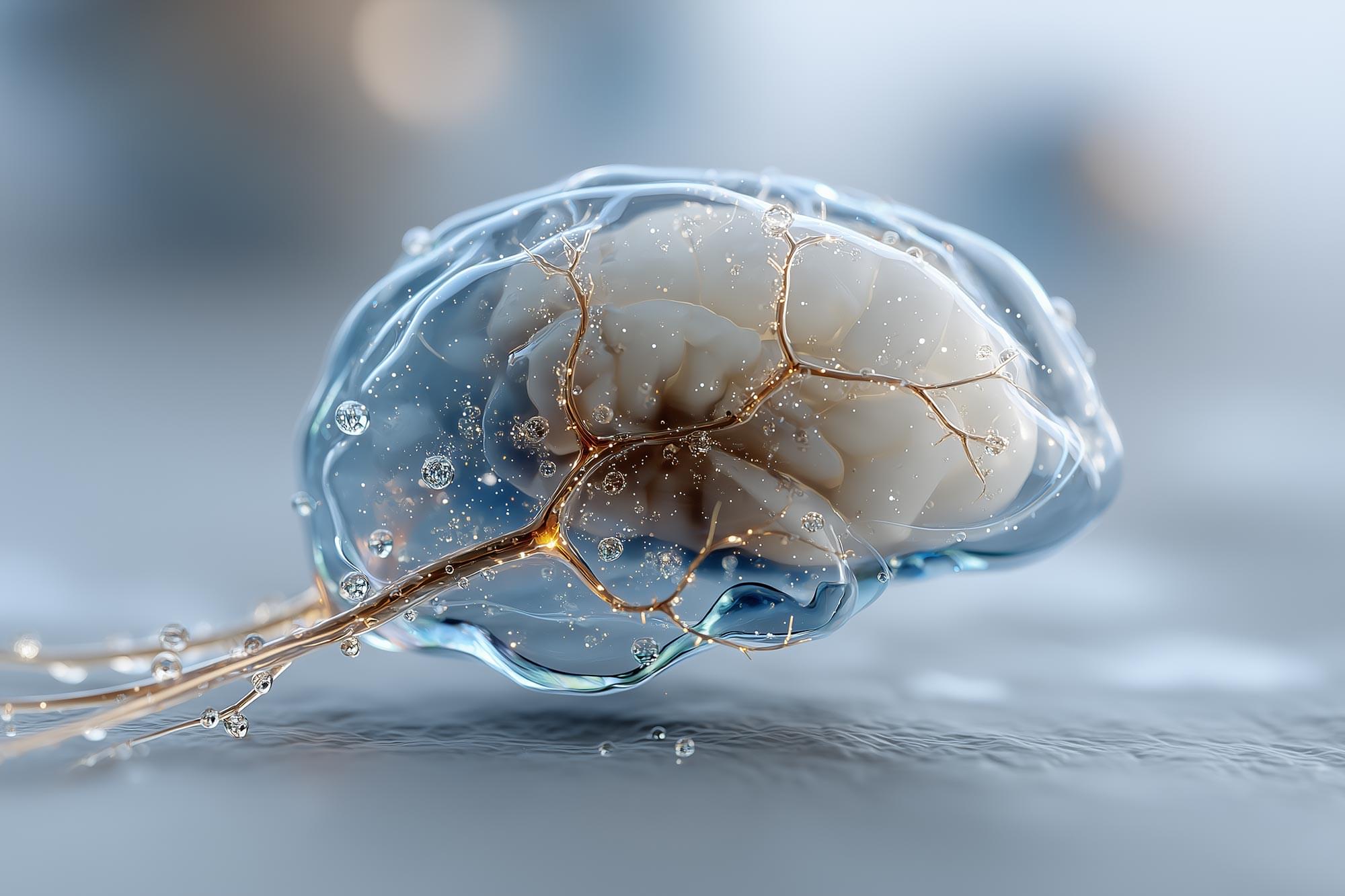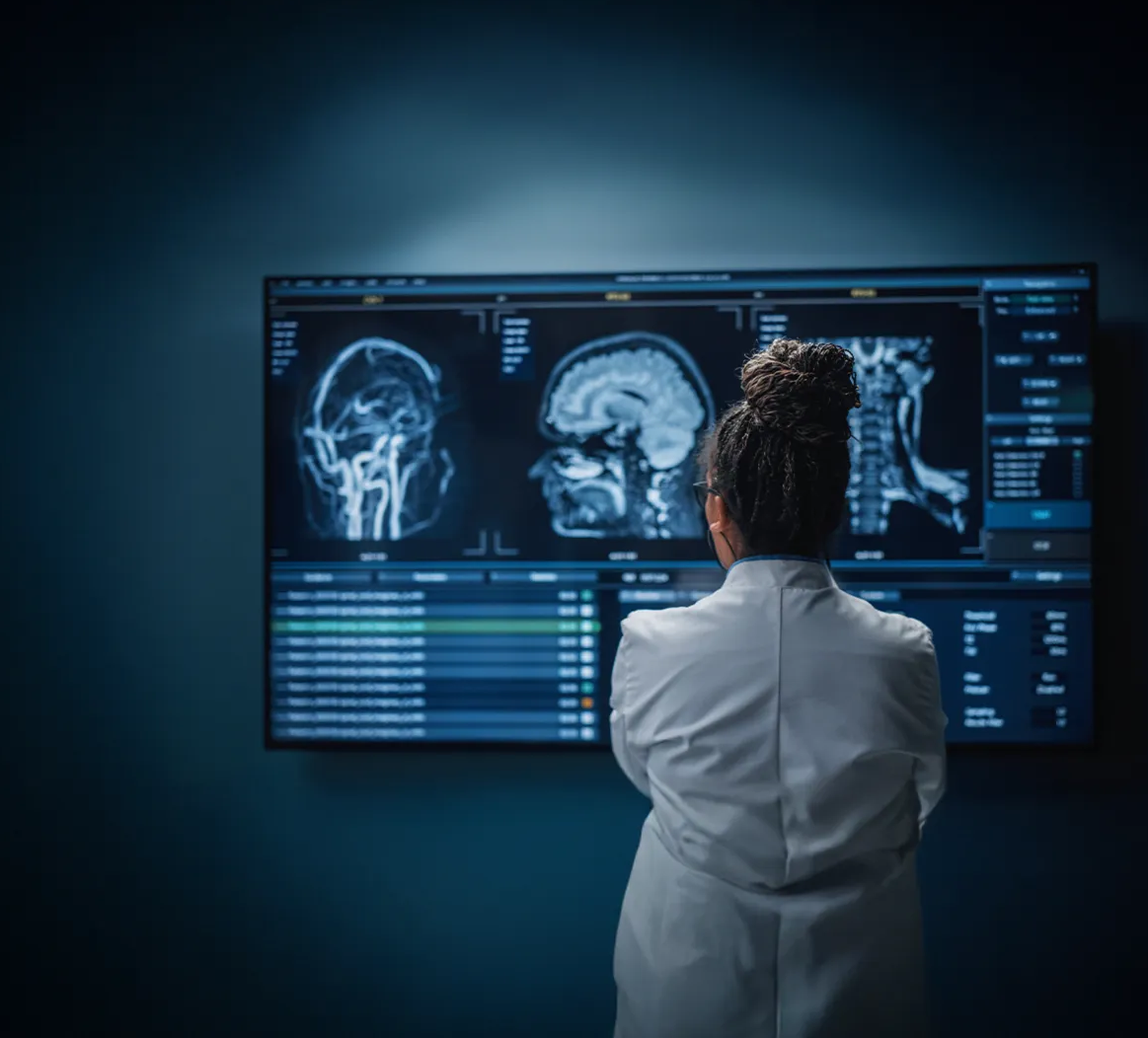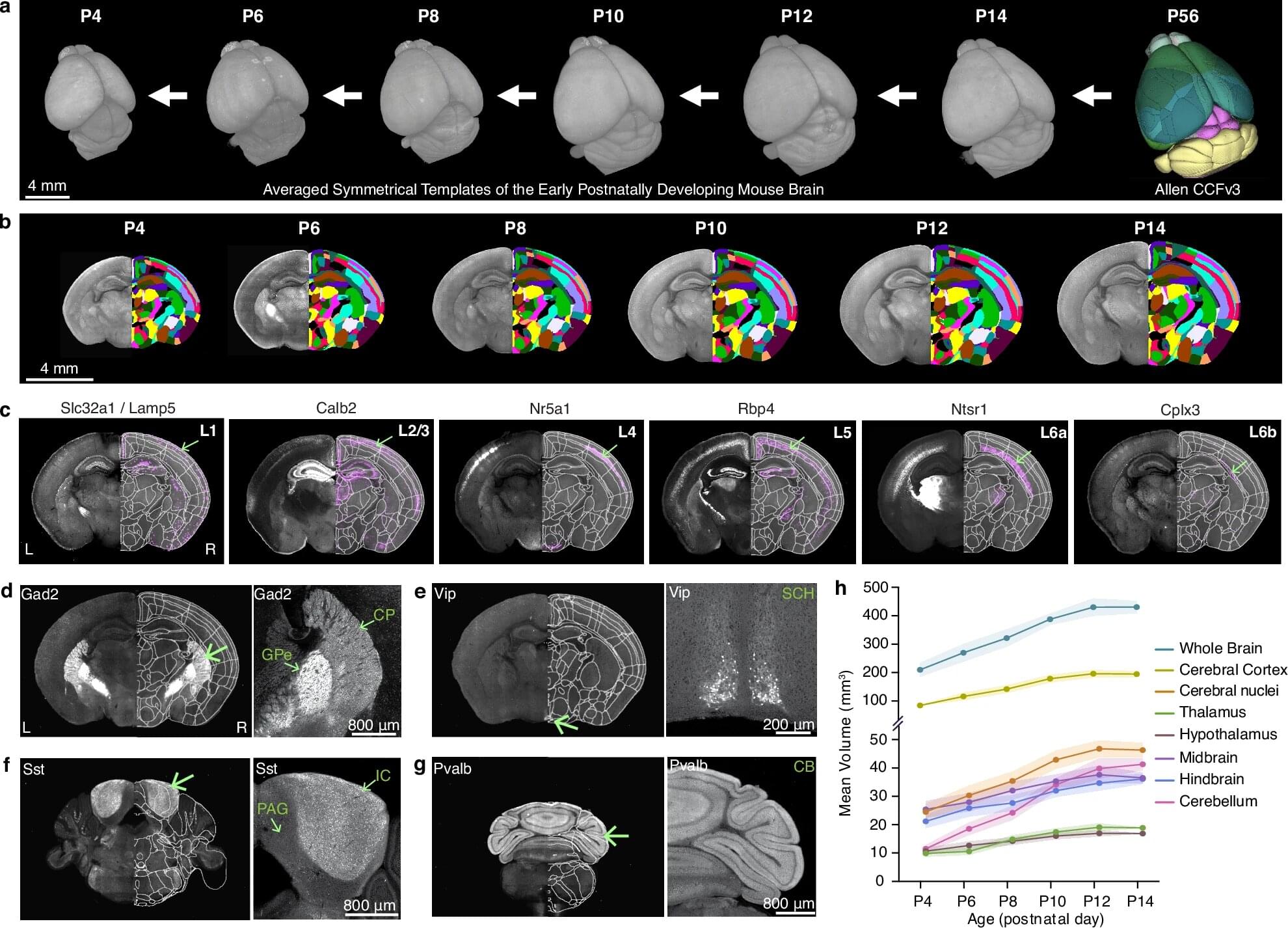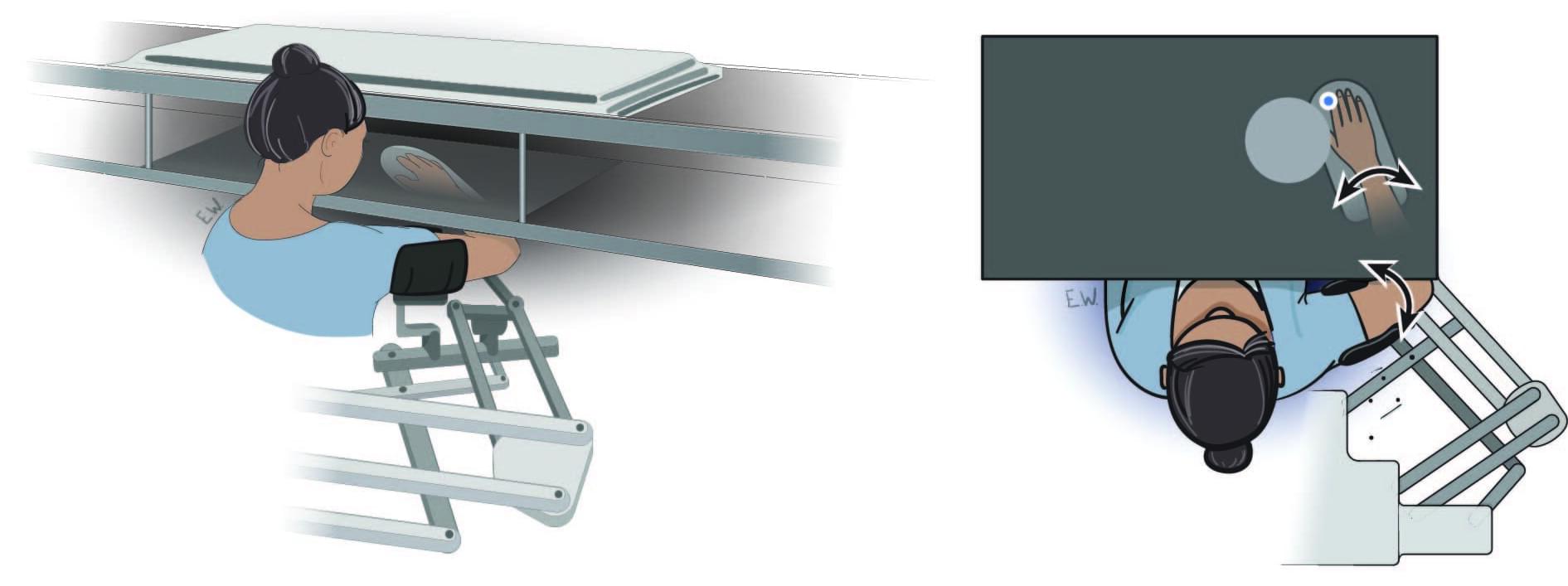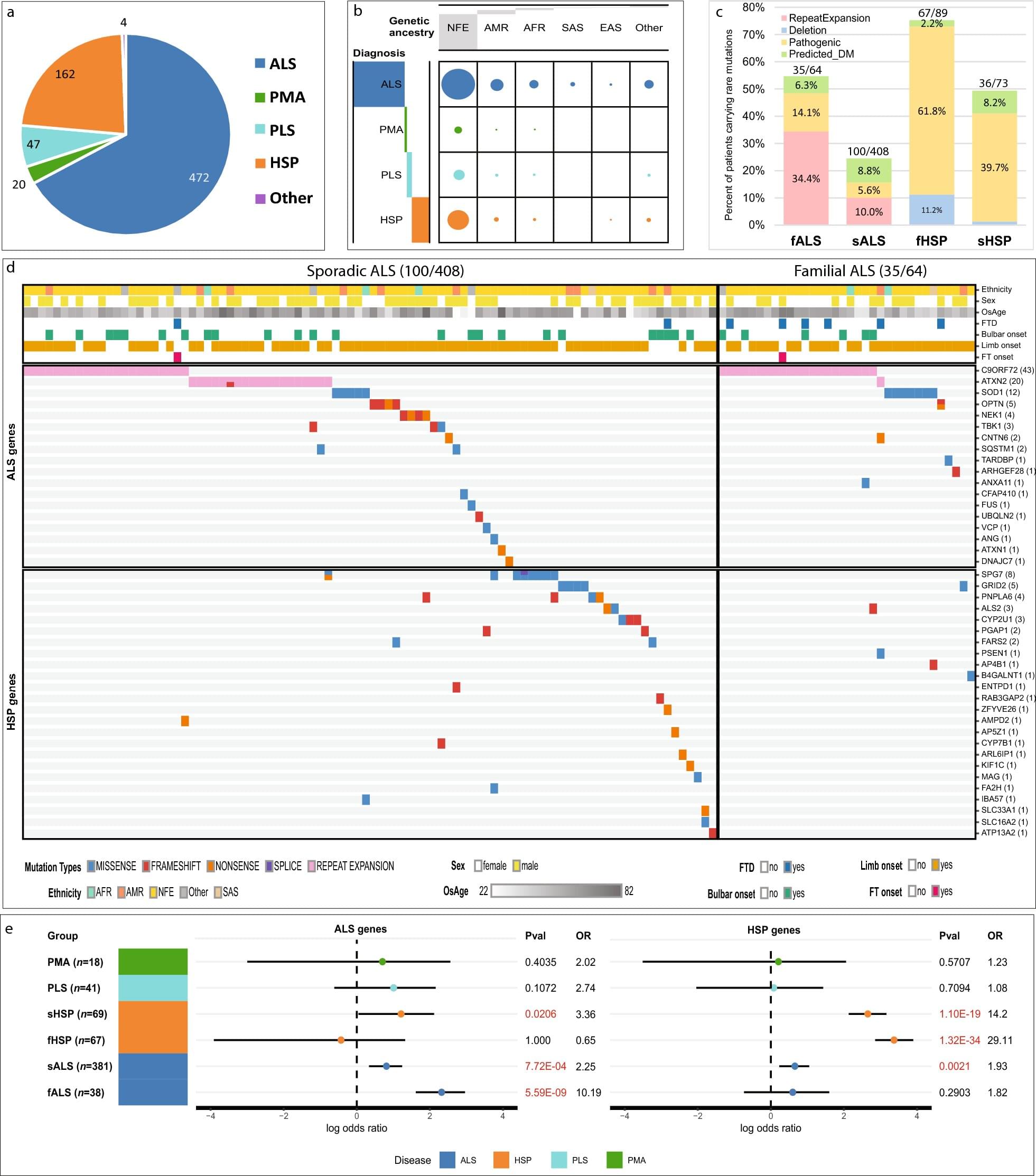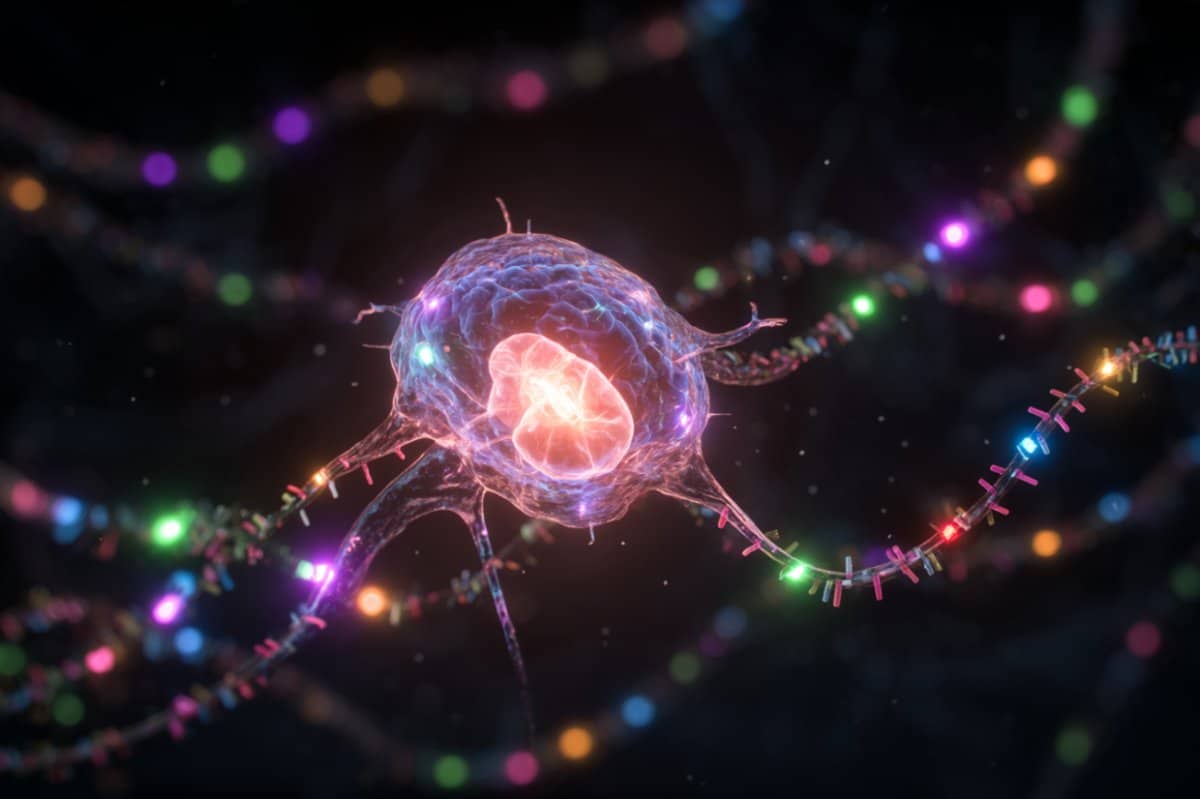What happens in the brain when a person experiences the characteristic movement symptoms of Parkinson’s disease? Researchers around the world are seeking answers through various approaches. One of these builds on a treatment already established in clinical care: deep brain stimulation. In this therapy, stimulating electrodes are implanted in patients’ brains to alleviate symptoms using electrical impulses. The same electrodes also enable unique electrical measurements from areas otherwise inaccessible in humans. These data can help uncover the neural mechanisms of Parkinson’s disease and inspire new therapeutic strategies.
In close collaboration with leading European deep brain stimulation centers—including Charité Berlin, Heinrich-Heine University Düsseldorf, University College London, and the University of Oxford—the Max Planck team has now taken an important step forward. For their study, now published in eBioMedicine, the researchers focused on so-called “beta waves,” which oscillate ca. 20 times per second and whose strength is thought to correlate with the severity of movement symptoms.
However, when reviewing the literature, the team encountered considerable heterogeneity in the results. “We wondered why earlier studies from different centers had produced such mixed results,” says Vadim Nikulin of the Max Planck Institute for Human Cognitive and Brain Sciences in Leipzig. “Did the patient groups differ, the recording equipment, or the analysis methods?”
